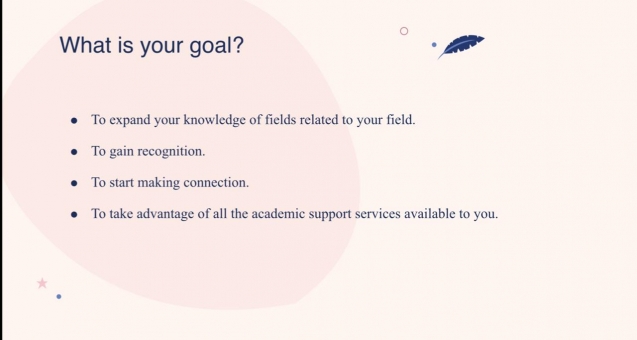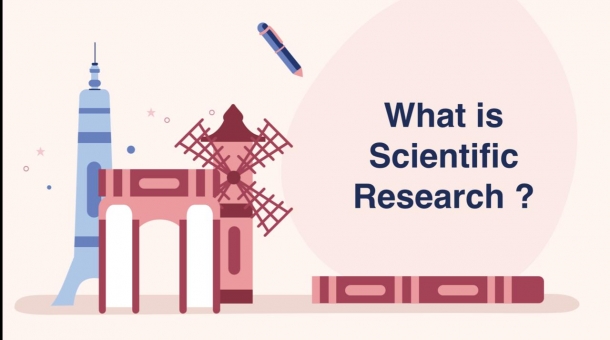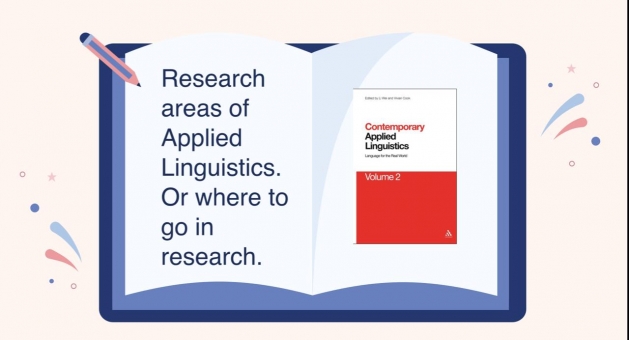Faculty Member Leads 3-Part Series on the Parts of Speech
In a continuous series of sessions aimed at advancing and deepening understanding of graduate students, Dr. Eyhab Bader Eddin started to offer an advanced free intensive course on the Parts of Speech. Students at the graduate or doctoral level who are in the process of writing their thesis, dissertations, or research papers face unique challenges. These papers indicate whether or not they understood the concepts clearly. For this reason, Dr. Bader Eddin held a 3-part webinar series on the 8 parts of speech open to the public during the 2020-2021 academic year. The webinar, tailored to graduate students, attracted hundreds of attendees from different parts of the world. High on the target list came graduate students and English teachers for the purpose of addressing any problems related to parts of speech and to fill any gap in their linguistic knowledge so as to clamber up the rung of their mental ladder aplomb.
"While it may seem that having a detailed understanding of the parts of speech is not needed, it is imperative that graduates of the Faculty of Languages and Translation present their papers in the right manner with proper sentence structure," said Dr. Bader Eddin. He then explained that Dean, Dr. Abdullah Al-Melhi, and Vice Dean of Postgraduate Studies, Dr. Munassir Alhamami, were highly supportive of his 3-part webinar series, which was launched to engage the community, alumni, and currently enrolled students at the undergraduate and graduate levels.
The topics discussed included, but were not limited to the following:
Language components
Detailed Overview of the parts of speech
Grammatical hierarchy
Sentence types according to A) structure and B) communicative function
Syntactic theory
Language universals
Semantic classes
Typology of parts of speech systems
Language components
Overview of parts of speech
Grammatical hierarchy
Sentence types according to A) structure and B) communicative function
Nouns as a part of speech
Noun types and characteristics
Noun plural formation
Noun plurals
Noun gender
Noun Case
Noun genitive and -of phrase
Meanings of genitive and –of phrase
These sessions were followed by assignments handed out to ensure the attendees' thorough understanding of the topics covered. Questions were always welcomed to clear away any fog of misunderstanding during the course of the sessions. It is worth mentioning that we have come to know that new sessions are to be held soon in a bid to complete the series.
To view all webinars, please click here.
Date: 5/6/2021
Source: Faculty of Languages and Translation




